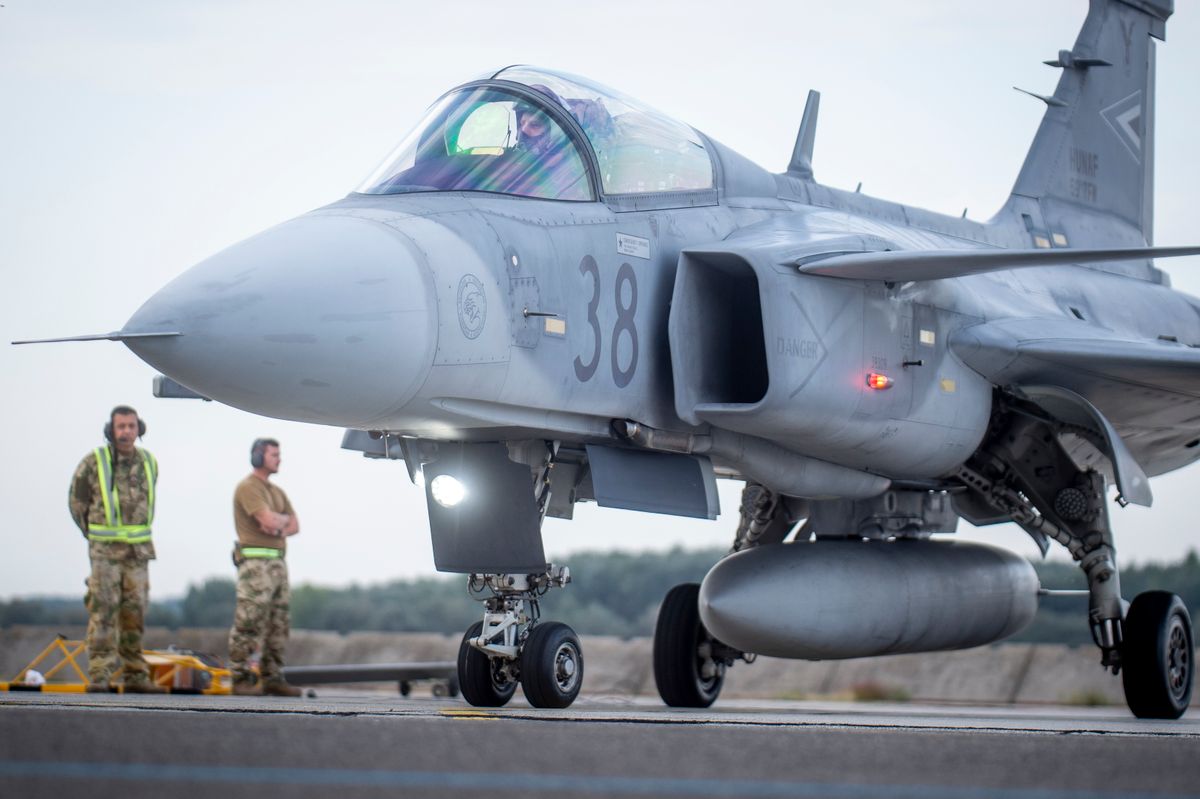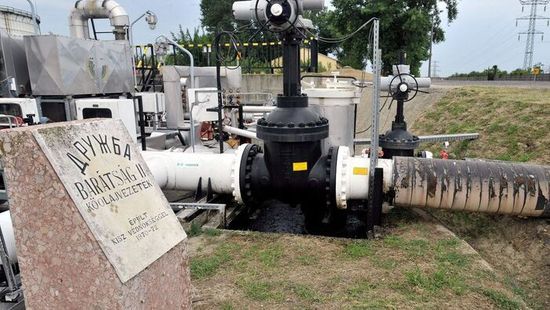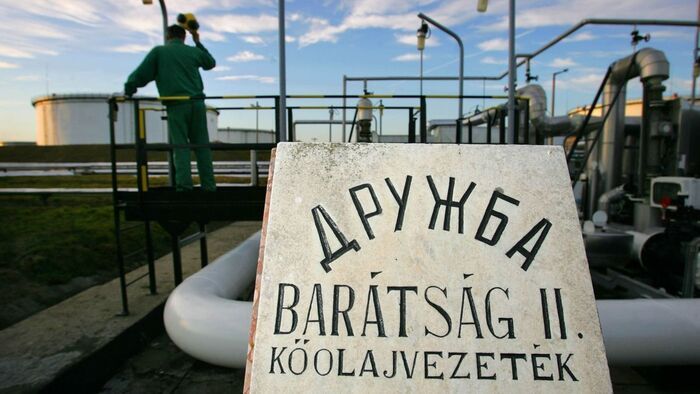There has been no request from the United States of America for nuclear weapons to be stored on Hungary's territory. Bringing in nuclear weapons is not possible without approval by the Hungarian government and the national assembly. The government has not issued such permission and has no plans to grant one in the future, Hungary's defense ministry responded to Magyar Nemzet in connection with an article in The Telegraph about the United States planning to upgrade the Kecskemet airbase in central Hungary to accommodate nuclear-capable fighter jets as part of the US's European Defense Initiative.
Citing procurement contracts, the UK paper claims that F–15 Eagle, A–10 Warthog és C–5 Galaxy transport planes could be stationed at the airbase, which is home to Hungary's Gripens and cargo aircraft. The paper notes that the US Air Force has previously stationed F–15 and F–16 fighter jets at the airfield in Hungary, but not on a permanent basis. US military aircraft have used the airbase during training exercises and overflights.

According to The Telegraph, plans for the upgrades at Kecskemet airbase are part of a wider NATO effort to bolster the bloc's eastern flank because of the security risk posed by Russia. The article also suggests that the F–15 fighter jets, which could be deployed in Hungary, are capable of carrying the same B61–12 nuclear gravity bombs that the US currently stores at the Royal Air Force (RAF) Lakenheath airfield in Suffolk, England. The bombs in question have selectable explosive yields, with a maximum yield of 50 kilotons, equivalent to the destructive power of three Hiroshima bombs.
According to the document cited by the newspaper, the works in Kecskemet involve the construction of a parking apron for tactical fighter jets and a parallel taxiway, and 21 million dollars would be spent on the upgrading of lighting technology and the construction of a jet fuel storage facility. The newspaper revealed no secrets. The Hungarian media, including Magyar Nemzet, have regularly covered these possible developments and the projects implemented in recent years.























Szóljon hozzá!
Jelenleg csak a hozzászólások egy kis részét látja. Hozzászóláshoz és a további kommentek megtekintéséhez lépjen be, vagy regisztráljon!